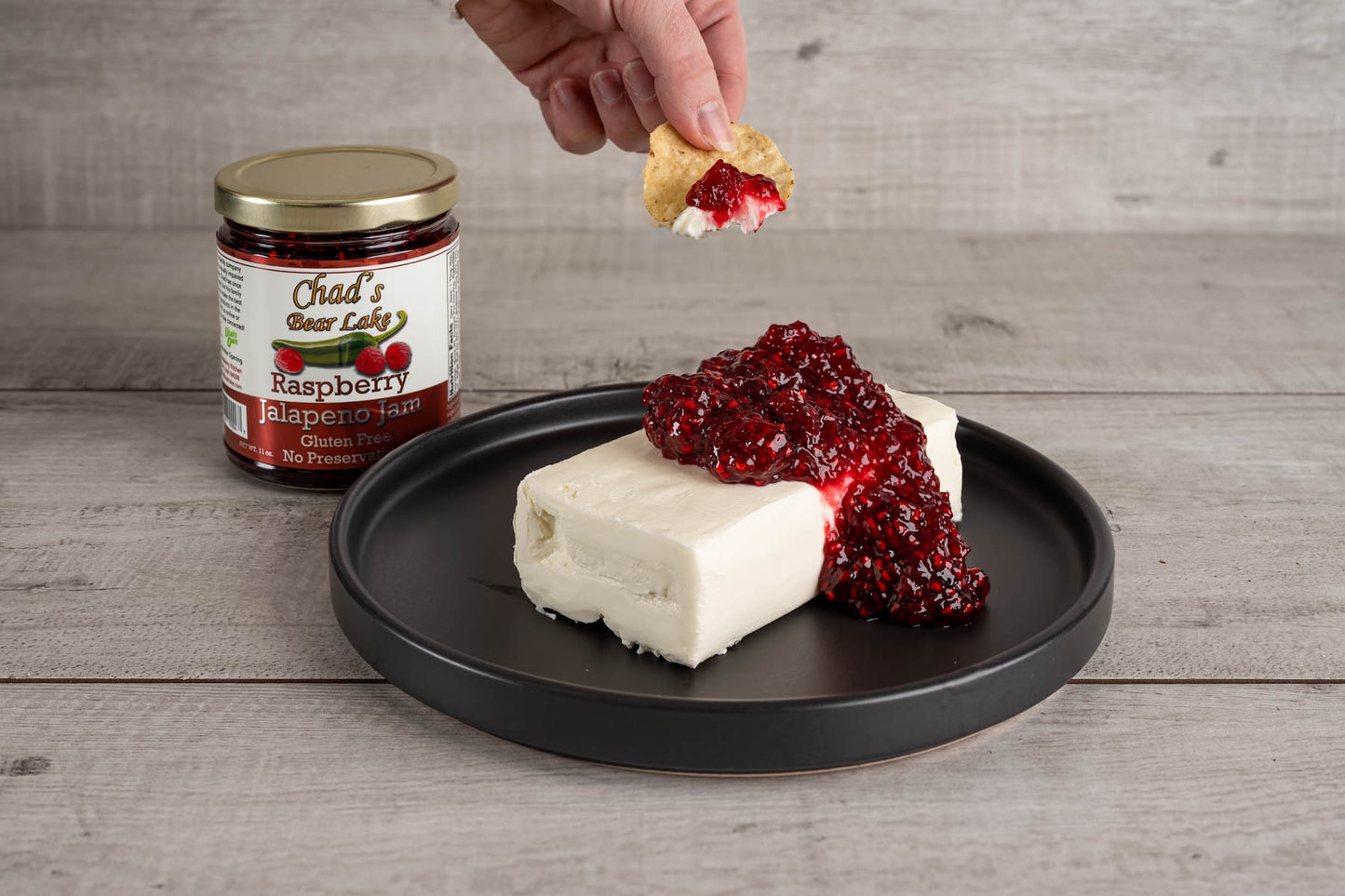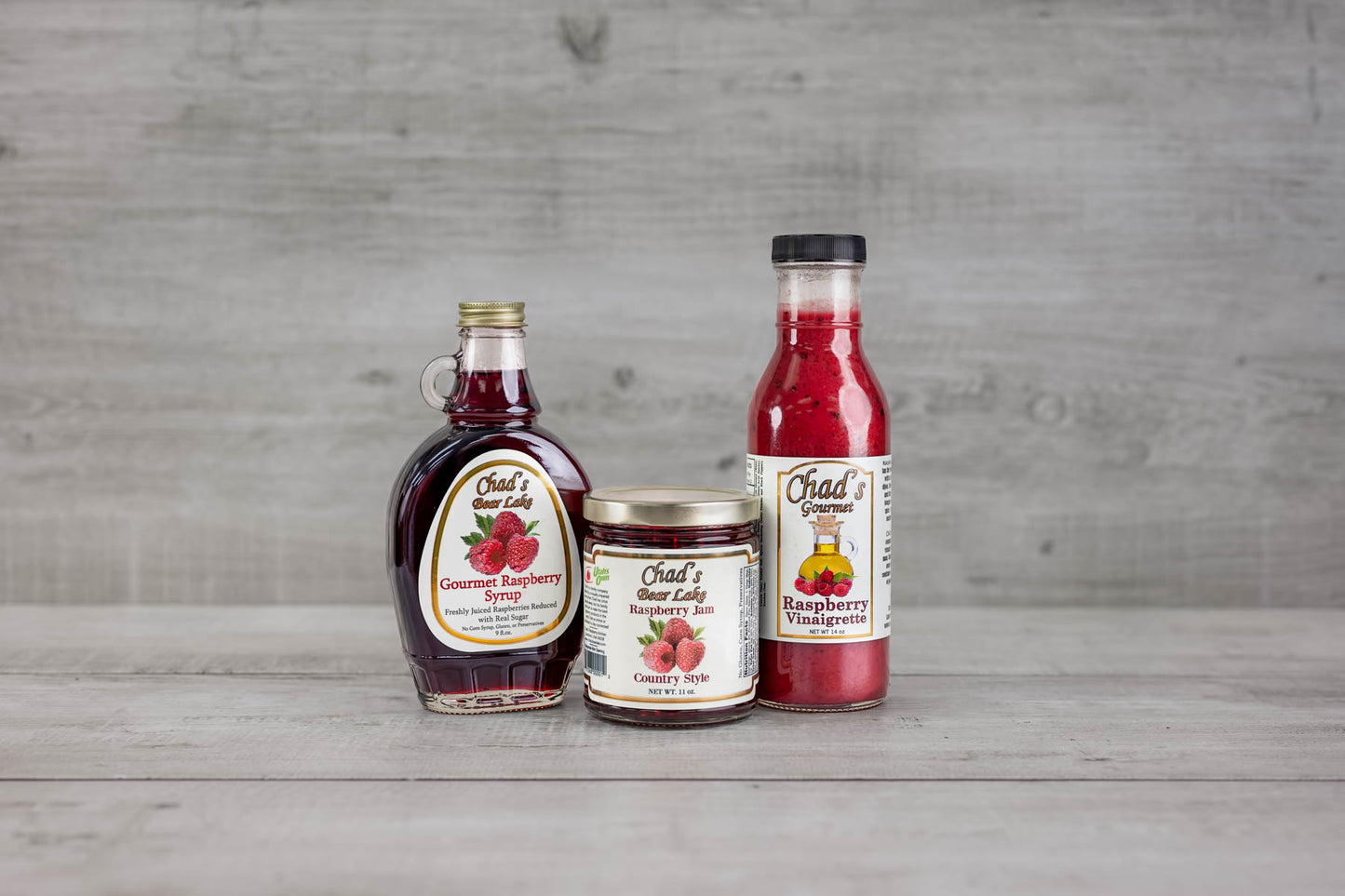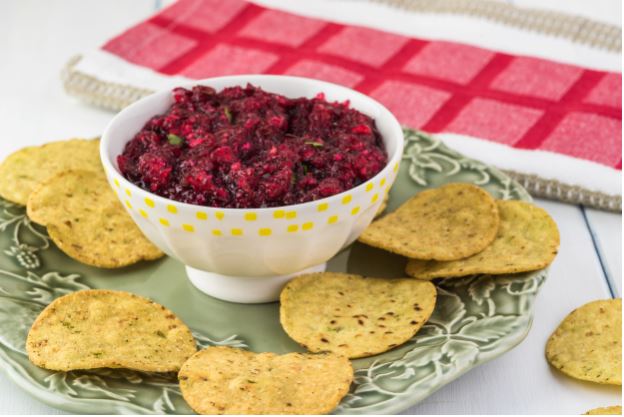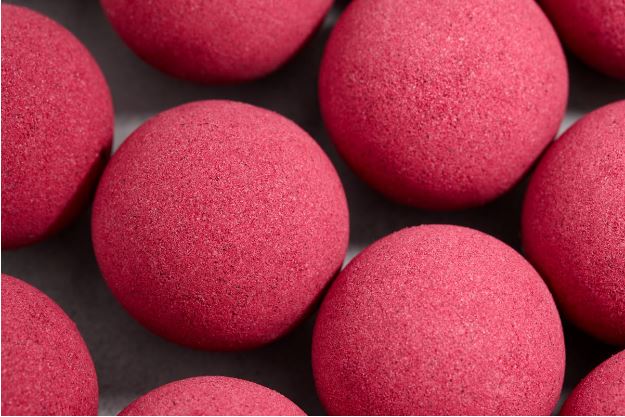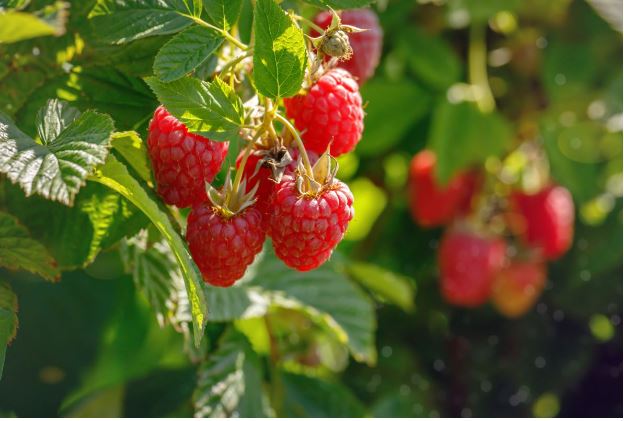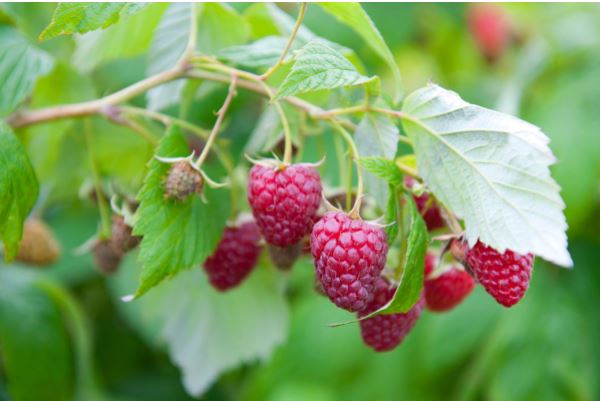
Have you ever wondered how raspberries get from the farm to your kitchen? It’s a journey full of fascinating steps, including the plant growth cycle, harvesting, and raspberry storage. Let’s look at the life cycle of a raspberry plant and what goes into getting these delicious berries from the farm to producing our one-of-a-kind Chad's Raspberry Kitchen jam.
Growing Raspberries
Raspberry plants typically grow in temperate climates with mild winters, so they are found all over North America, Europe, and parts of Australia. Depending on the type of raspberry, plants can be grown from either seed or cuttings taken from existing raspberry bushes. Typically, a raspberry bush takes about two years to reach full maturity and produce fruit.
From seedling to berry, the life cycle begins as the plant grows canes, which will eventually bear fruit. In the first season, the plant will only grow to maturity and then flowering, and fruiting begins in the second season.
As the growing cycle continues, regular pruning (caning) and maintenance must be done to encourage healthy growth and high yields of tasty raspberries.
Harvesting Raspberries
The harvest season for our raspberries starts in summer and can last until August or September (depending on the climate). A single bush can produce up to 6 pounds of berries per season.
A particular picking machine does the harvesting; each berry must be carefully released off the stem without damaging the bush. Once harvested, the berries are placed into containers or lined baskets for the next stage.
Storing Raspberries
Harvested raspberries should be stored as soon as possible to preserve their freshness and prevent spoilage. Our harvested fruits are cleaned and prepared for storage. Raspberries can be stored in a refrigerator, but at Chad’s farm, we freeze them to help our raspberries last longer. We use our frozen raspberries to create our raspberry products throughout the year.
From the seedling stage all the way through ripening on the vine before being harvested and stored away safely, raspberry plants have an interesting life cycle indeed.

